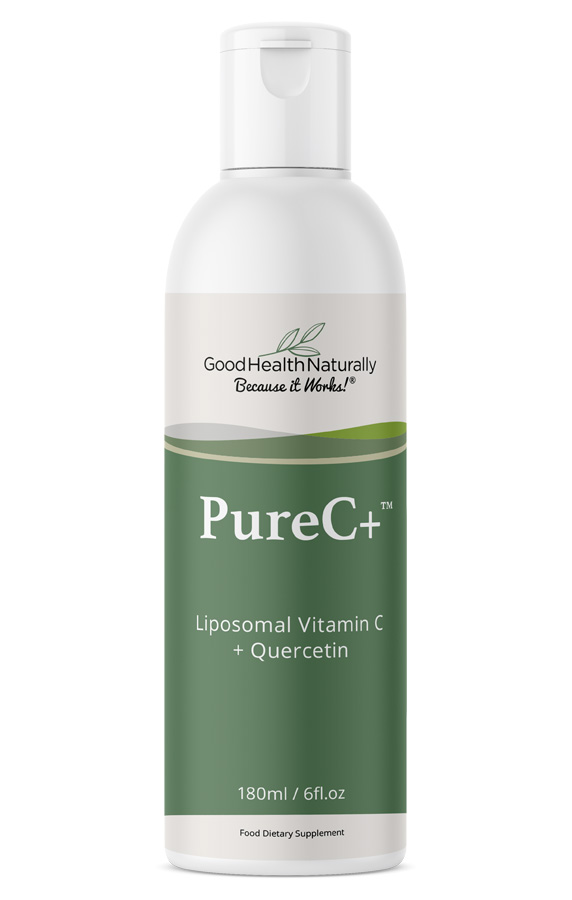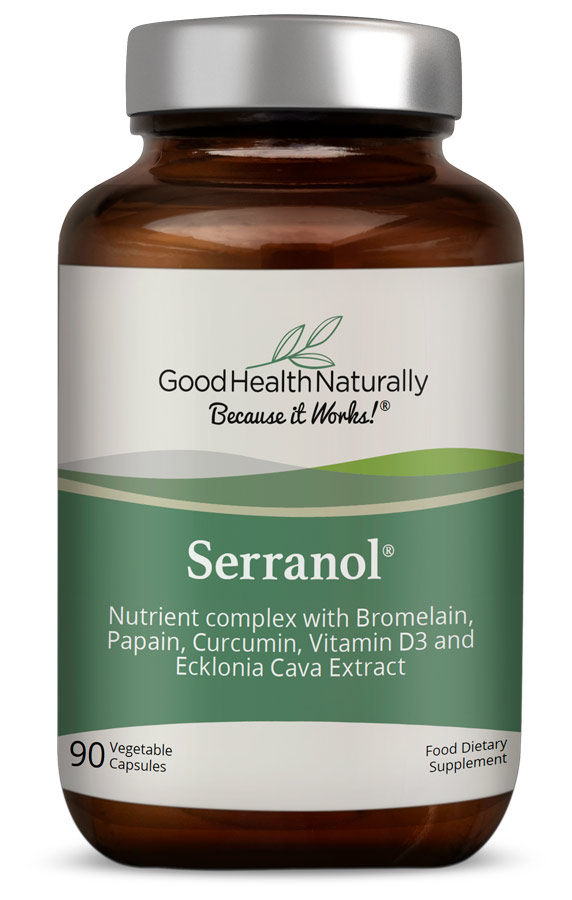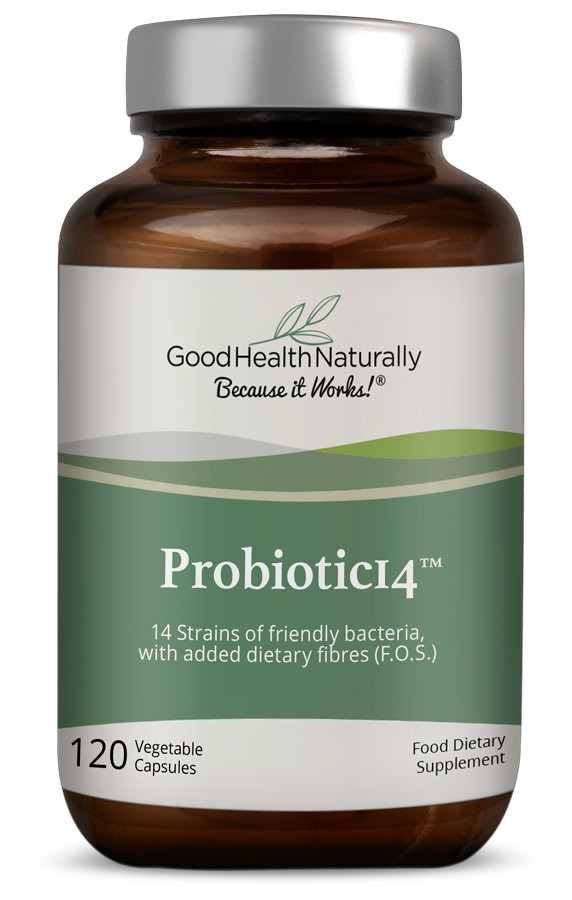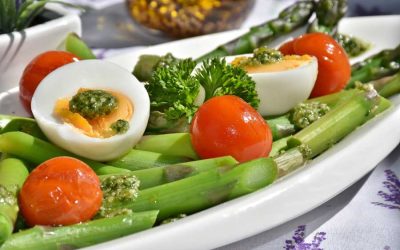Relieve Hay Fever Naturally
As the clocks go forward and signs of spring are in the air, many of us start rejoicing at the prospect of warmer weather. However, for those who suffer from hay fever, the change in the season can bring about a very different sentiment altogether – a sense of dread, fear of discomfort and frustrating symptoms. It is now estimated up to 30% of adults and 20% of children experience seasonal allergies each year. While these can vary in severity, they often disrupt daily activities and diminish overall quality of life. But there is no need for despair. There is so much you can do to relieve hay fever naturally.
Understanding the Problem
Hay fever is an allergic reaction triggered by airborne pollen from trees, grasses, and weeds. When these pollens come into contact with the nasal passages, eyes or throat of susceptible people, the immune system starts attacking it. The body produces allergic antibodies, which trigger the release of histamine. It is the histamine which causes all the unpleasant symptoms such as nasal congestion, scratchy throat, sore, swollen and itchy eyes, poor sleep and even brain fog, fatigue and weakness.
A summer of frequent or prolonged hay fever reactions can have all kinds of health implications. It may weaken the immune system, leading to complications such as bacterial or fungal infections in the sinuses, lungs or ears. Nasal congestion at night can mean poor sleep or snoring, which can cause fatigue and even anxiety and depression.
Be Prepared
To relieve hay fever naturally, it is a good idea to try to reduce your overall allergic load in the weeks leading up to pollen allergy season. Once the allergic load passes a certain threshold, it triggers the inflammatory response. Try to avoid allergens like dust, animal dander, and pollution so the body can better cope with the pollen.
Remember, hay fever triggers the release of histamine, so try to avoid high-histamine foods like cheese, red wine, sugar, and chocolate, which can make everything worse. Reducing mucus-producing foods, such as dairy products, can also greatly improve nasal congestion. Instead, opt for nut milk, coconut or oat yoghurts, and non-dairy spreads.
Optimise Digestive Health
Focusing on gut health is a great way to improve immune health and relieve hay fever naturally. The health of the gut wall and the microbiome can have a major impact on how we react to environmental allergens. Support the gut bacteria by eating lots of colourful vegetables and plenty of fibre-rich wholefoods. Probiotics can be useful, too. A paper published in 2021 found adults with allergic rhinitis have reduced microbial diversity. The researchers suggested addressing this imbalance could help improve the allergy symptoms.
Nourish the Gut
Sodium butyrate is a short-chain fatty acid produced when gut bacteria break down fibre. It has an anti-inflammatory effect, which may help calm any disruption in the gastrointestinal tract and support the integrity of the gut wall. The best way to encourage your gut microbiome to produce butyrate is to eat a high-fibre diet, such as whole grains, vegetables, fruits, nuts/seeds and legumes, especially include sufficient sources of resistant starch and pectin, which will help fuel a diverse number of butyrate-producing bacteria. It can also be taken as a supplement.
Local Honey
A popular natural remedy to relieve hay fever naturally is local honey. Consuming small amounts of honey produced in your neighbourhood exposes the body to small amounts of pollen and can act as a form of immunotherapy. It may help desensitise the immune system to the specific pollen types causing your hay fever, potentially reducing the severity of symptoms. While scientific evidence supporting this concept is limited, many hay fever sufferers swear by it.
Nutrient Support
Fruit and vegetables may be supportive during the hay fever season. They provide vitamin C, antioxidants, and bioflavonoids. Vitamin C is a natural antihistamine; it can help calm down allergic reactions. It is also an anti-inflammatory, which can support the immune system. Good sources include berries, kiwi fruit, oranges, peppers, and blackcurrants.
The flavonoid quercetin is another powerful anti-histamine. It is found in garlic, onions, blueberries, apples, and parsley. It has a long history of use with no significant side effects and is considered a good candidate for the management of allergic diseases, especially rhinitis. Studies show it can help stabilise mast cells, inhibiting antigen-stimulated histamine release.
Calm Inflammation
Many hay fever symptoms are inflammatory. So, it makes sense if you want to relieve hay fever naturally then it is important to tackle inflammation.
Bromelain, a proteolytic enzyme found in pineapples, has anti-inflammatory and immune-supporting properties, helping relieve the pain and congestion of inflamed tissues, especially nasal and respiratory.
Omega-3 fatty acids can be helpful, too. The increase in allergic conditions in the Western world has been associated with the over-consumption of pro-inflammatory omega-6 fatty acids compared to anti-inflammatory omega-3 fatty acids. Make sure you include plenty of oily fish, nuts, and seeds in your diet.
Optimising magnesium levels can be useful, too, as low levels are associated with higher rates of allergies. Studies show that magnesium can help maintain relaxed airways.
Take Steps to Avoid Pollen
To relieve hay fever naturally, monitor pollen counts and if possible, minimise exposure: avoid drying clothes outside, wear wrap-around sunglasses and apply allergen barrier balms to the rim of your nose. Showering before bed can help remove any pollen.
To Conclude
While seasonal allergies can be challenging to manage, incorporating a few changes can make all the difference. From cutting out high-histamine foods and avoiding allergens, to adding local honey and quercetin-rich foods, to supplementing with probiotics and sodium butyrate, there is a lot you can do to help relieve hay fever naturally.
Recommended Products
Please note: The product images represent the ongoing rebranding across Good Health Naturally range and may currently vary from actual stock.







